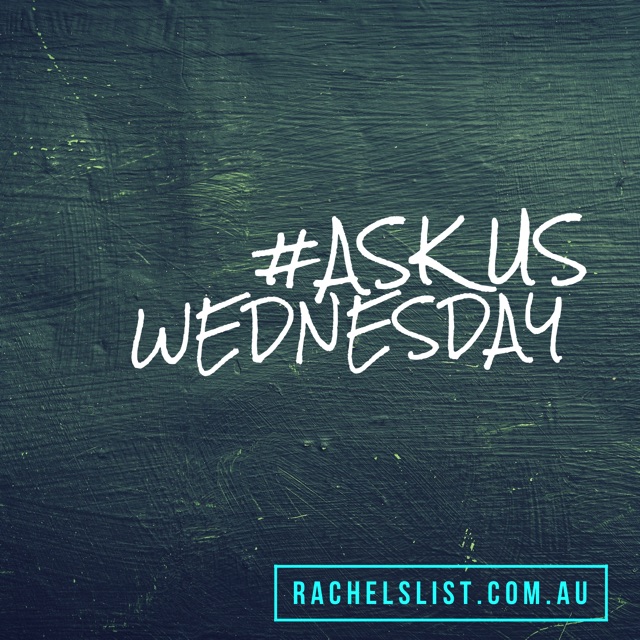

by Rachel Smith
10 June 2015
 Hi Rach and Leo, I am now in my first year of freelance earnings and while it might be a little late in the day with tax time looming I wanted to ask do you have any pointers about how I should be tackling my return now that I am no longer salaried. Bec
Hi Rach and Leo, I am now in my first year of freelance earnings and while it might be a little late in the day with tax time looming I wanted to ask do you have any pointers about how I should be tackling my return now that I am no longer salaried. Bec
Two things in life are certain: death and taxes. What Benjamin Franklin forgot to mention is that so too is the pre-tax return meltdown in most households – or maybe that’s just me! Or rather, used to be when I had a shoebox of expenses and drawer full of receipts and invoices desperately crying out for the help of an accountant (which I now hire).
Given that, as a freelancer, you can work for multiple clients and may wear several different hats that lead to a multitude of expenses, an accountant can really reduce the time spent pulling out your own hair. So my number one tip is spring for a professional and let them handle the headaches (otherwise known as deductable business expenses). My accountant Tom Winder handles all of it: my at home expense deductions, equipment depreciation calculations, an understanding of how to legally minimise my taxes and maximise retirement contributions. Ultimately, I’m paying him for peace of mind.
When we got your question I also approached him for his top tips on freelancer finances, and here’s what he had to say:.
* Keep all your receipts (even more important if registered for GST).
* Use either basic accounting software or even Excel to collate all your deductions.
* Regularly update your accounting records to ensure all those little purchases e.g. stationary, parking, reference materials, tolls, etc. are captured as they do add up.
* If you travel overnight, record all your accommodation and meal expenses. If your travel if over 6 days in duration, keep a travel diary.
* Working from home entitles you to claim either part of your rent or part of your home ownership expenses (mortgage interest, council and water rates, house insurance etc).
* In relation to the new $20K asset write-off, it may only be a good idea to purchase assets prior to June 30 if your income is higher than normal or your earnings are at a level that you are paying tax. That is, if it will reduce your income to the lower marginal tax rates, the benefit is limited (unless the reduced taxable income increases other benefits such as Family Tax Benefits and the child care rebate).
* Further to the above, if you are considering borrowing (e.g. home loan) using the $20K write-off may limit your capacity to borrow over the next few years.
Prior to my annual conference with Tom the practical things I do to save Tom’s time and therefore reduce his fee is have a receipt system. It sounds scary, but it’s not. It’s just having the foresight to jot down the reason for the expense i.e. lunch with so and so editor, interview with, client briefing on the back of my receipts as soon as I unpack them from my purse. That way I immediately avoid the need to go into CSI mode when wondering what the heck that $88 was spent on.
I then file said receipts into a Kiki K folder that comes with individual envelopes that I use for categories such as travel, marketing, household utilities, related childcare, association fees (such as Rachel’s List membership – receipts are on the way, people!), software and hardware etc. That way come tax time all I have to do is tot up the bundled receipts and give Tom a bottom line I’ve spent on each.
Obviously if you are a squillionaire one way to deal with the minefield is to open a separate business account with a debit /credit card that is ONLY used for business expenses and that has all your invoices paid into it. You can also then use another account to squirrel away a third of earnings to lie in wait for your PAYG or annual return.
There are also several apps to help the financially challenged keep tax time stress free. Most of the following apps come with a try before you buy period, which might be just what the auditor ordered. In no particular order the ones I thought most likely to be useful to freelancers for recording and tracking expenses are: Expensify, Dashlane, Mint, Neat Receipts, Camscanner and Shoeboxed.
If however you’re like me and prefer a more personal touch you can hire your own money guru (or you could even hire Tom, who’s NSW-based and can be reached via phone (02) 9523 2003, mobile: 0408 277 424 or email: admin@sstax.com.au).
But Bec, the real bottom line here is that no matter which route you decide to go to get a handle on your business finances, avoid putting it off.
Do you have top tools or an accountant you’d like to refer? We’d love to hear from you.